Environmental Field Survey A
This course is conducted as a global project-based learning program which will focus on the technical analysis and integration
methods to identify environmental issues and to suggest solutions for the issues through a case-study-oriented intensive workshop
in collaboration with students and faculty members of an overseas partner university. The workshop will be conducted by a
series of lectures, site visits, group work & discussions, and presentations in English.
This course aims to deals with the basic technical analysis and integration methods of environmental planning and design as
a global project-based learning program in collaboration with an overseas partner university.
- Students will learn the basic knowledge about environmental issues in case study areas.
- Students will learn about the technical analysis and integration methods to identify environmental issues and to suggest solutions for the issues.
- Students will be able to conduct group work & discussions about environmental issues and solution proposals in English.
- Students will be able to make a presentation about the outcome of group work & discussions in English.
| Class schedule | HW assignments (Including preparation and review of the class.) | Amount of Time Required | |
|---|---|---|---|
| 1. | Introductory lecture: environmental issues | Read relevant references | 200minutes |
| 2. | Preparation for a site visit 1 | Group work, discussions Read relevant references |
200minutes |
| 3. | Site visit 1: observation | Group work, discussions Read relevant references |
200minutes |
| 4. | Feedback on the site visit 1 Presentation and review 1 |
Group work, discussions Read relevant references |
200minutes |
| 5. | Preparation for a site visit 2 | Group work, discussions Read relevant references |
200minutes |
| 6. | Site visit 2: data collection | Group work, discussions Read relevant references |
200minutes |
| 7. | Feedback on the site visit 2 Presentation and review 2 |
Group work, discussions Read relevant references |
200minutes |
| 8. | Identification of environmental issues 1 | Group work, discussions Read relevant references |
200minutes |
| 9. | Identification of environmental issues 2 Presentation and review 3 |
Group work, discussion Read relevant references |
200minutes |
| 10. | Proposals for solving the issues 1 | Group work, discussions Read relevant references |
200minutes |
| 11. | Proposals for solving the issues 2 Presentation and review 4 |
Group work, discussions Read relevant references |
200minutes |
| 12. | Preparation for a final presentation 1 | Group work, discussions Read relevant references |
200minutes |
| 13. | Preparation for a final presentation 2 | Group work, discussions Read relevant references |
200minutes |
| 14. | Final presentation and review: environmental issues and proposals | Group work, discussions Complete the outcome |
200minutes |
| Total. | - | - | 2800minutes |
| Overall Performance | Total. | |
|---|---|---|
| 1. | 25% | 25% |
| 2. | 25% | 25% |
| 3. | 25% | 25% |
| 4. | 25% | 25% |
| Total. | 100% | - |
Students will be evaluated by the overall performance of group work & discussions, and presentations.
Students need to apply for a specific global project-based learning (gPBL) program before they will register for this course.
Lecturers will arrange registration for students after the completion of a program.
Lecturers will arrange registration for students after the completion of a program.
- Lunch break on Thursday.
- Questions by email can be accepted at any time.
E-mail (Prof. Nakamura): nakamu-h@shibaura-it.ac.jp
- Course that cultivates an ability for utilizing knowledge
- Course that cultivates a basic interpersonal skills
- Course that cultivates a basic self-management skills
- Course that cultivates a basic problem-solving skills
| Work experience | Work experience and relevance to the course content if applicable |
|---|---|
| Applicable | Based on the work experience in the field of Urban and Regional Planning, Environmental Design, and Community Design, the basic concept, technical analysis and integration methods of environmental planning and design can be taught. |
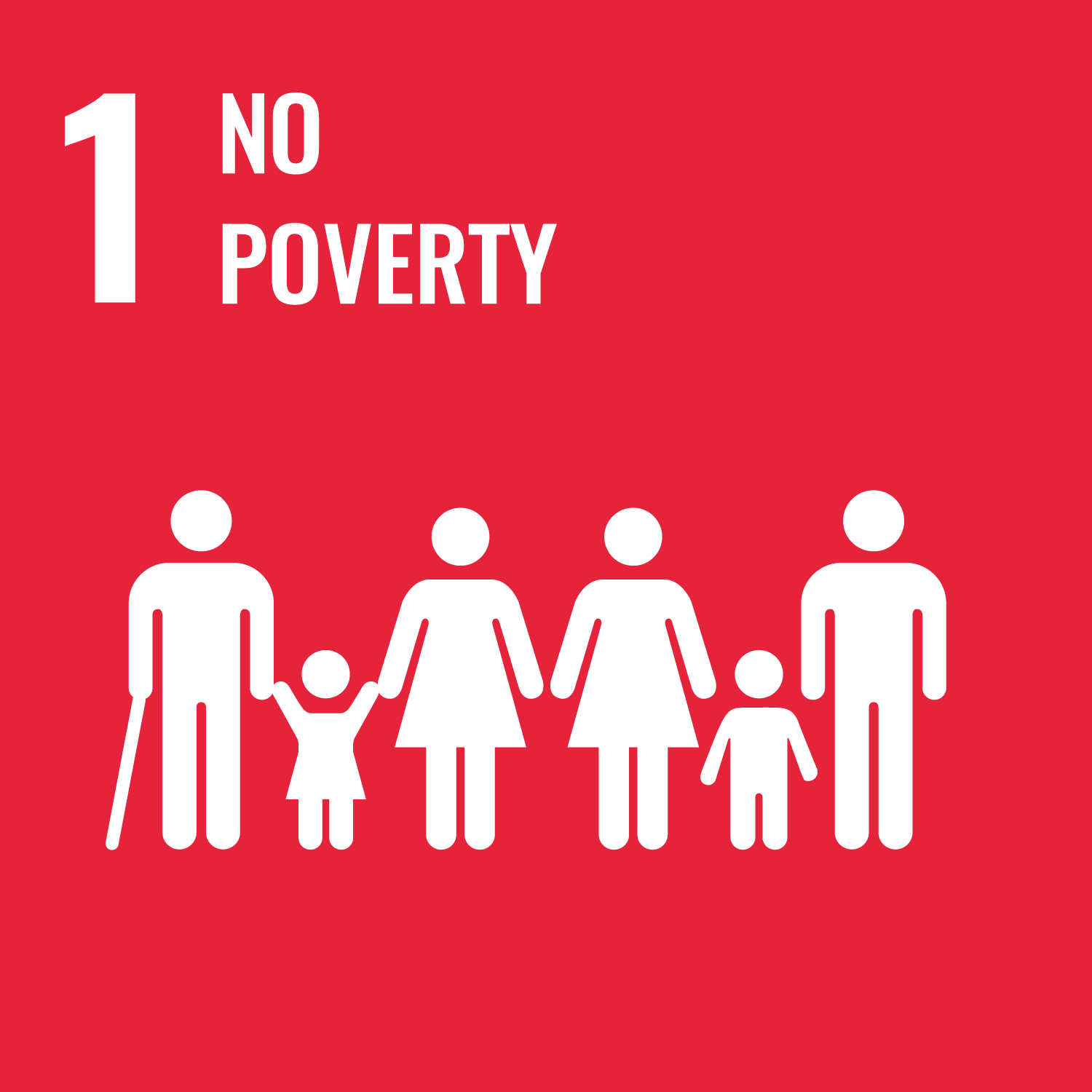
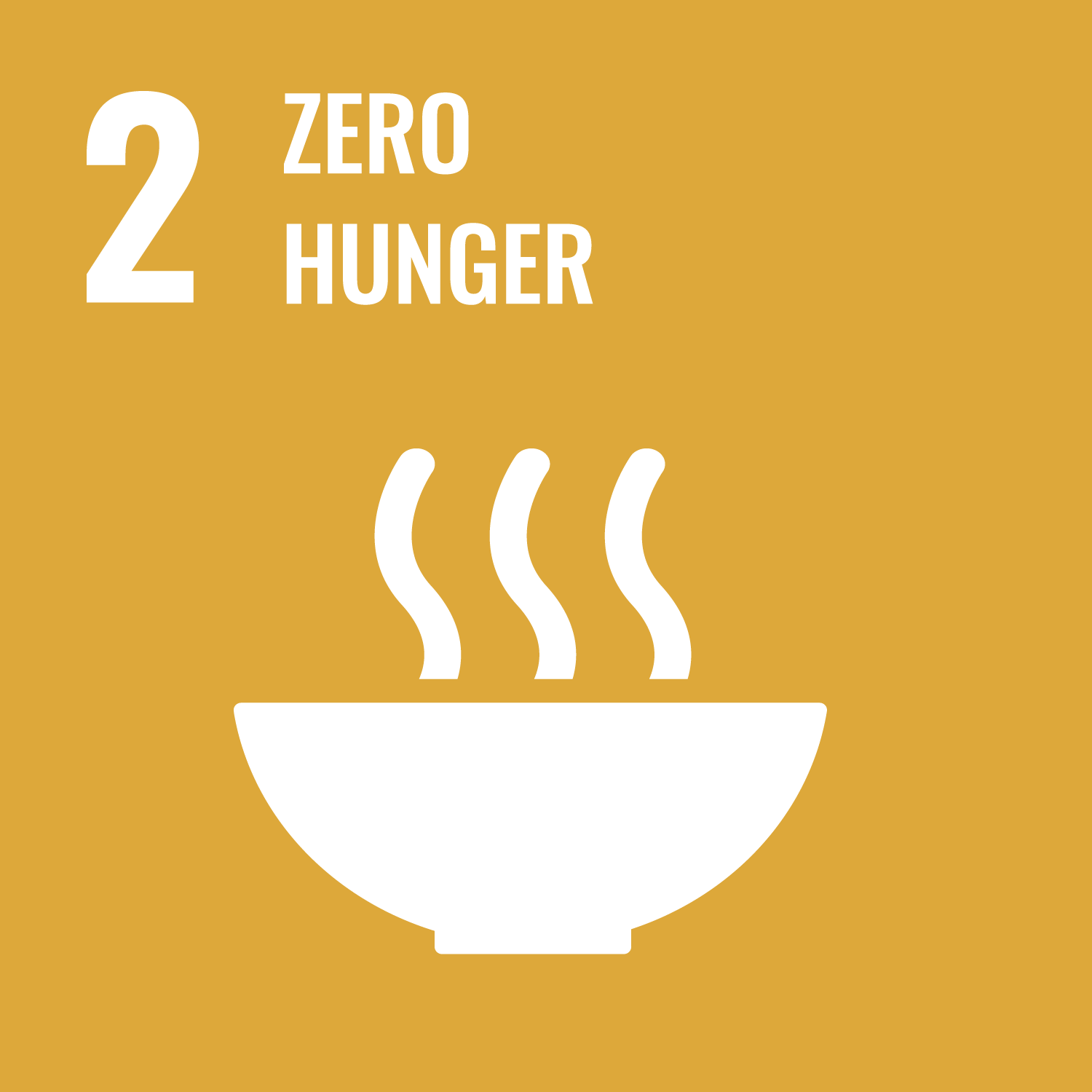


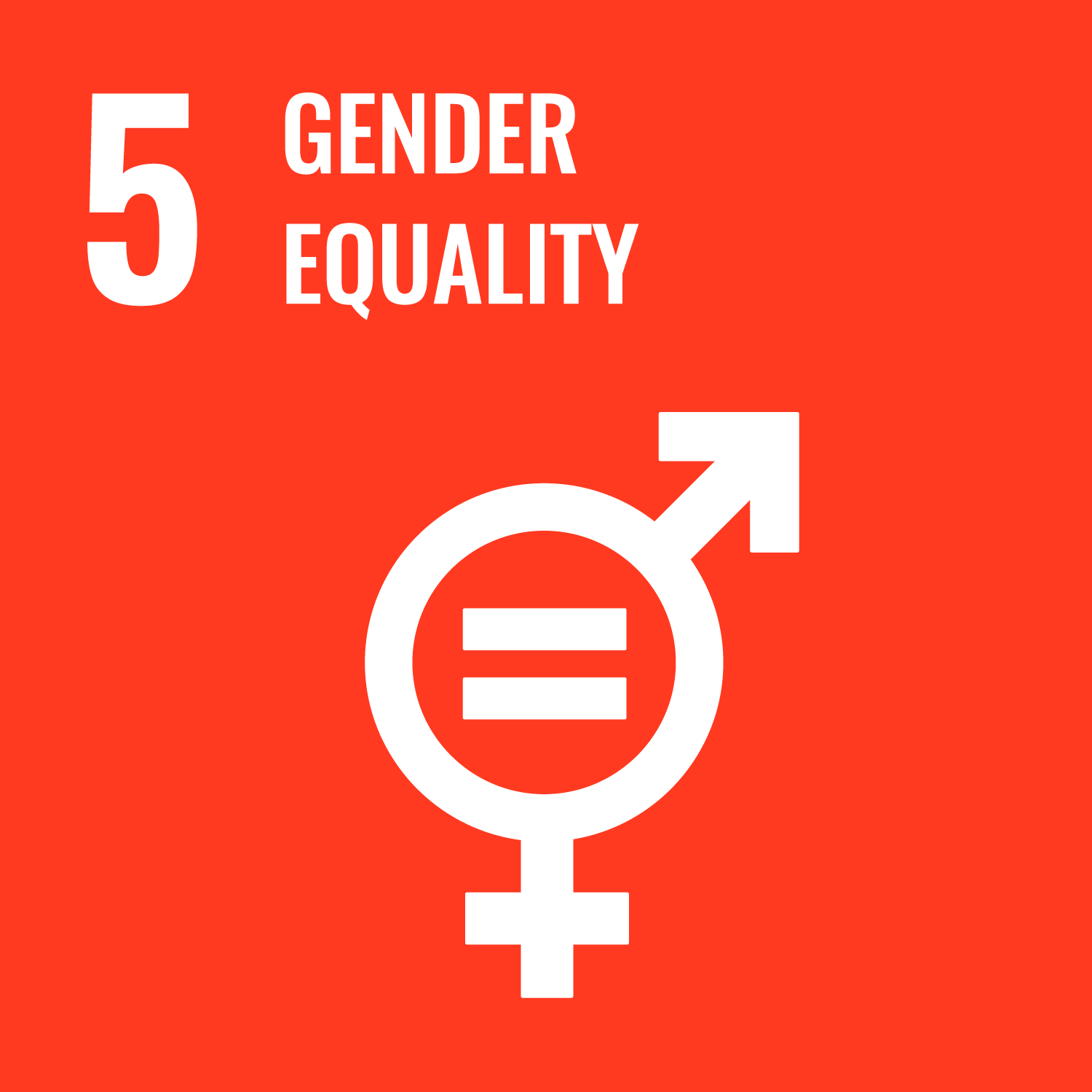
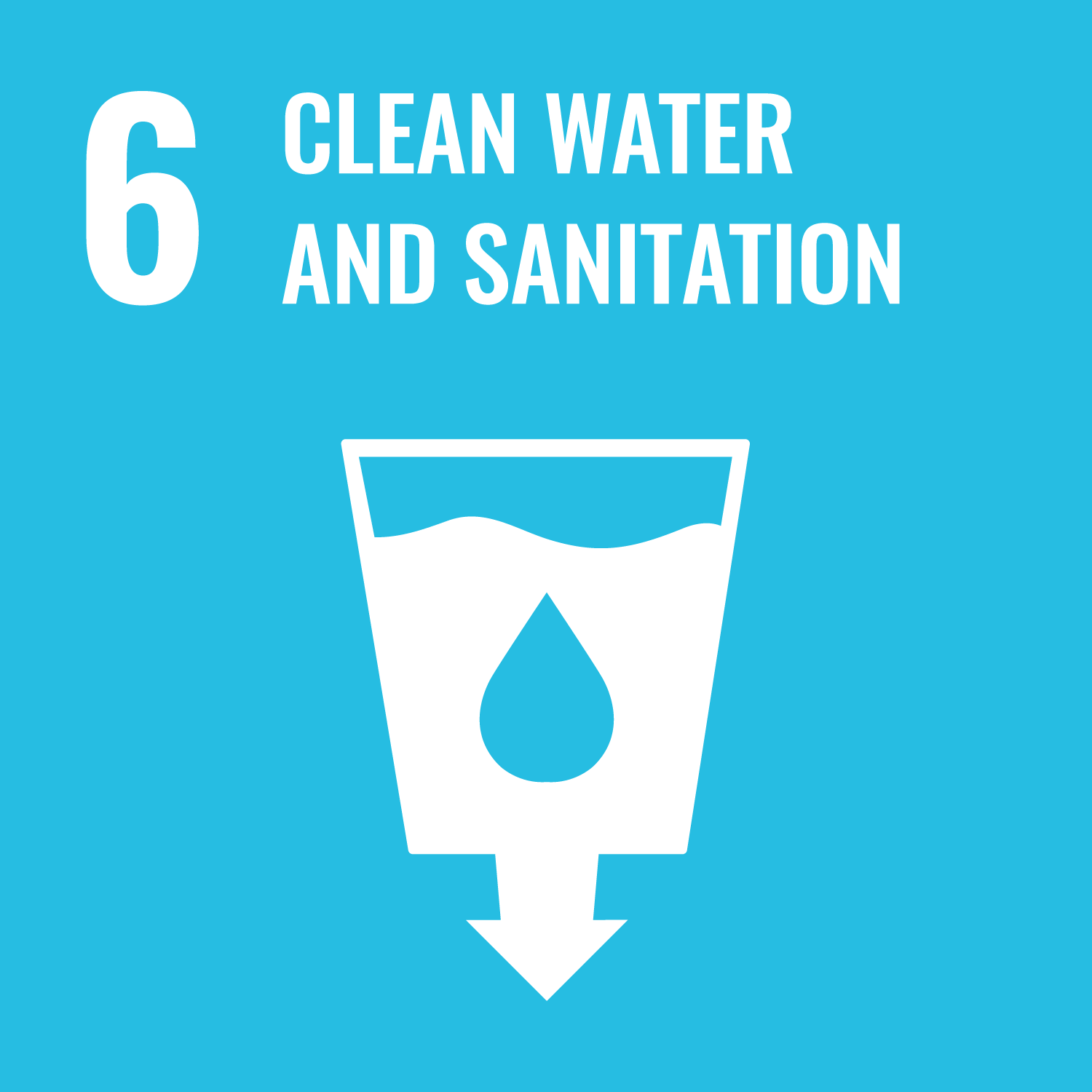







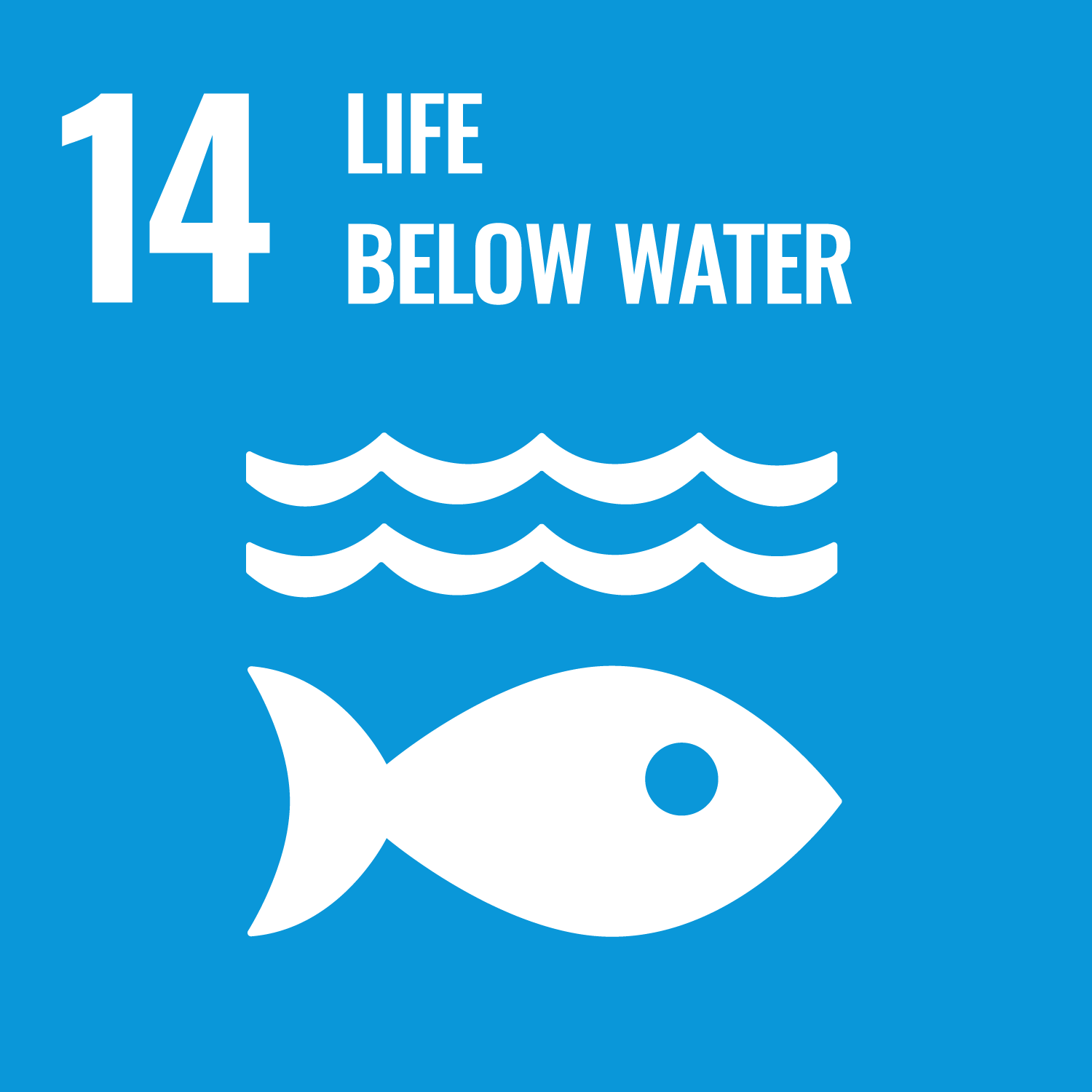
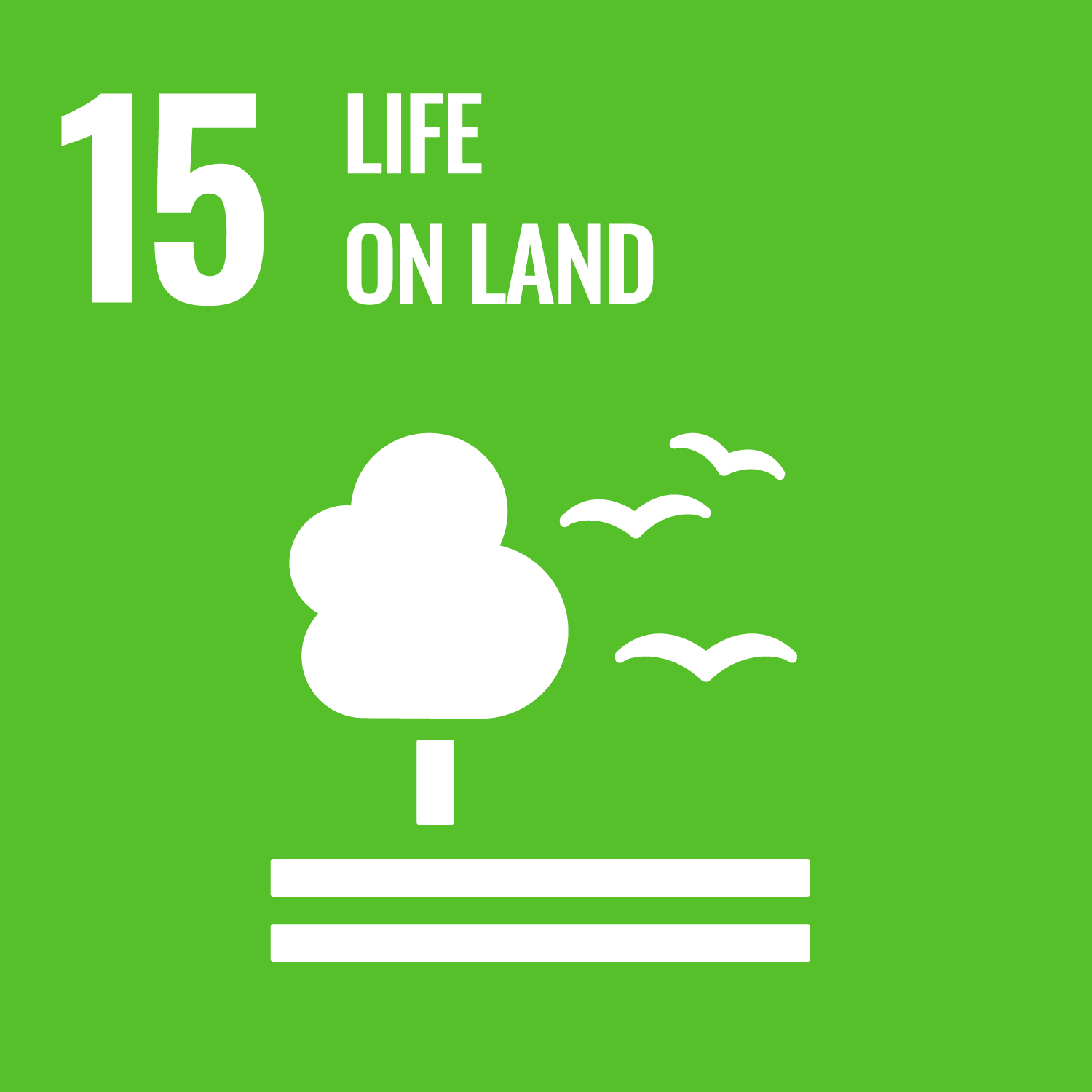


- 1.NO POVERTY
- 2.ZERO HUNGER
- 3.GOOD HEALTH AND WELL-BEING
- 4.QUALITY EDUCATION
- 5.GENDER EQUALITY
- 6.CLEAN WATER AND SANITATION
- 7.AFFORDABLE AND CLEAN ENERGY
- 8.DECENT WORK AND ECONOMIC GROWTH
- 9.INDUSTRY, INNOVATION AND INFRASTRUCTURE
- 10.REDUCED INEQUALITIES
- 11.SUSTAINABLE CITIES AND COMMUNITIES
- 12.RESPONSIBLE CONSUMPTION & PRODUCTION
- 13.CLIMATE ACTION
- 14.LIFE BELOW WATER
- 15.LIFE ON LAND
- 16.PEACE, JUSTICE AND STRONG INSTITUTIONS
- 17.PARTNERSHIPS FOR THE GOALS
Last modified : Thu Jun 23 04:03:58 JST 2022

